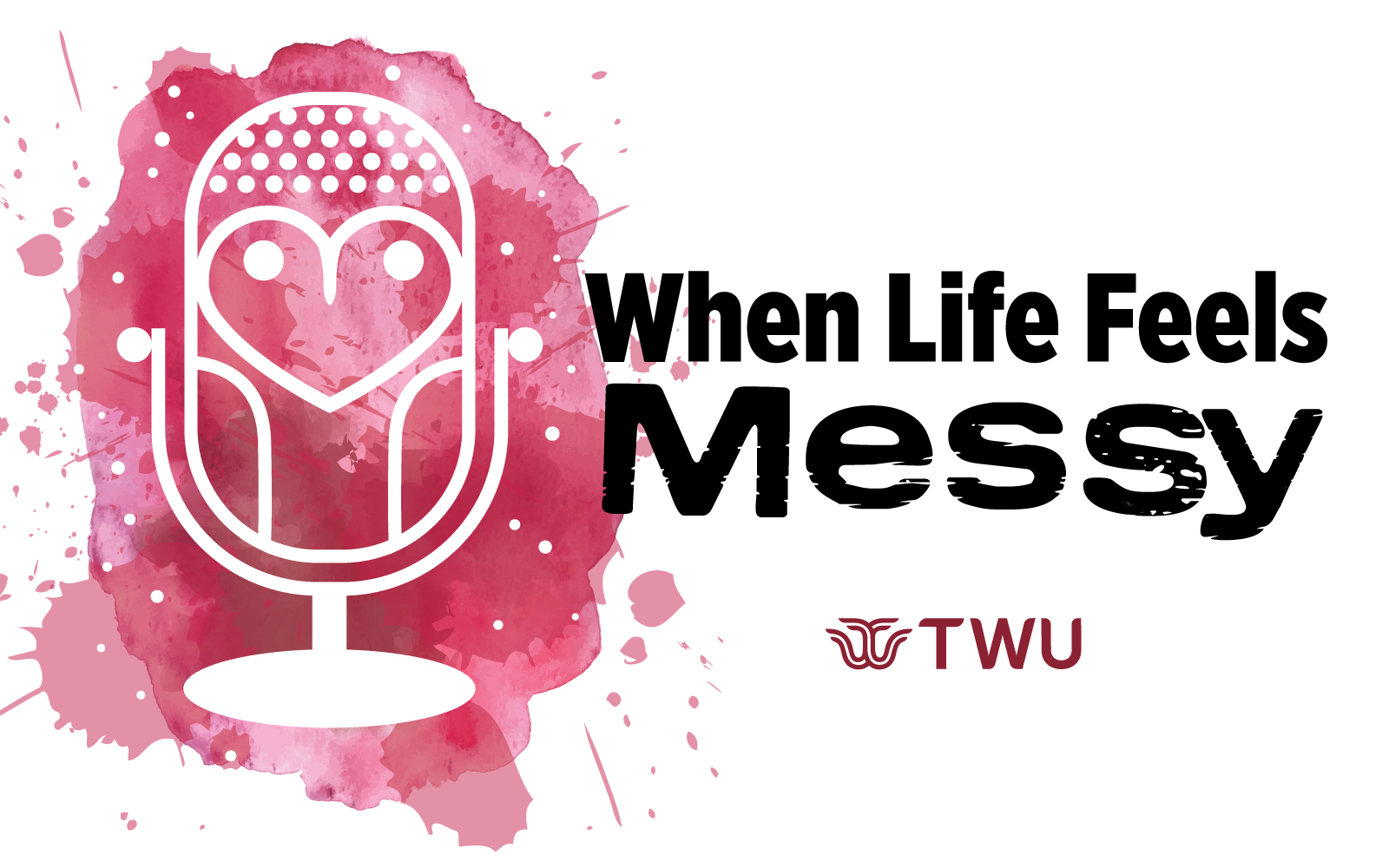Let's be real: Starting therapy can be...weird, awkward, and anxiety producing (trust us, we get it!).
Not only are you trying to navigate your own emotions, thoughts, and mental turmoil, but then you find yourself sitting in a room with someone you've never met before, trying to talk about things that maybe you've never really shared with another person.
We want to validate that feeling nervous, apprehensive, unsure, or even silly at the beginning, is perfectly normal!
Starting therapy is a big step for many people, especially those that are not used to talking about their thoughts, emotions, feelings, etc., and we deserve to give credit to ourselves for seeking mental health support, despite the awkward feelings it initially can bring up. All this to say, we want to validate the normalcy of these feelings and thoughts when starting therapy, but we also want to explain a little bit as to why the initial awkwardness is completely okay.
1. As we highlighted in the beginning, you're being asked to share personal experiences, fears, feelings, thoughts, and everything in between with someone you just met. Naturally, you might feel hesitant or guarded about opening up. It takes to assess if a person is trustworthy and safe and the initial awkwardness could very well be your mind's way of trying to "protect" you. So give a big hug and thanks to your mind! *insert hug squeeze here* The more you show up, the more comfortable and connected you'll feel with your therapist.
2. We have to keep in mind that opening up doesn't always come naturally to us. Maybe you grew up in an environment where you were discouraged from sharing feelings or you just didn't see that role modeled for you? Maybe it wasn't safe to open up in any way and so you learned to shut down your emotions and thoughts. Whatever your unique circumstances, opening up can be a skill that needs to be learned and practiced. So this might mean you stumble over your words, pause a lot, or struggle to really verbalize and articulate your feelings and thoughts. This in no way means you're doing it wrong - in fact, you practicing this skill is a sign of growth, advocacy for self, and courage. Each session gives you an opportunity to practice being honest and vulnerable, which over time becomes easier and more natural.
3. Trust is earned, not automatic. Just like any new relationship, it's going to take time and a few sessions for you to truly feel comfortable and trusting of your therapist (and if you achieve this sooner, yay!). You might start to notice small changes in yourself, such as, not feeling as tense and relaxing into the furniture you're sitting on, sharing more openly and freely, laughing, or even bringing up topics that initially felt too awkward. Therapy is a gradual process, and that initial discomfort is simply part of establishing a safe and trusting relationship.
4. Feeling awkward or uncomfortable can actually be informative. It often points to areas you might be avoiding, sensitive topics, or beliefs you've internalized about yourself. Your therapist can help you explore these moments safely and at a pace that works for you, turning discomfort into valuable self-awareness.
5. Starting therapy can feel isolating and the imposter syndrome thoughts of "everyone already knows what they're doing vs. me" can come up for people. But the truth is, even if everyone isn't expressing it, most people feel this way (and those that don't have probably already been in therapy). With this comparison already in mind, it can be easy for people to worry about being "judged" or feeling silly for their thoughts and emotions - but therapists are here to create a safe and judgement-free environment. Additionally, recognizing that this is a shared experience can help reduce anxiety. Many students have the same fears: “Will I say the right thing?” “Will they understand me?” “Am I overreacting?” The answer is yes, these feelings are normal, and no, you are not alone. Over time, as you see other students and people your age navigating therapy—and hear about their experiences—you may feel even more encouraged to embrace your own journey.
To sum it up: Feeling awkward at the start of therapy is natural and healthy. It doesn’t mean therapy won’t work—it means you’re stepping into a new experience, learning a new skill, and opening yourself up to growth. Be patient with yourself, show up consistently, and remember: your therapist is there to guide, support, and listen, no matter how awkward it feels at first.
If this post made you want to consider therapy, feel free to reach out to our team at (940) 898-3801 and get scheduled for an intake. Our therapists are here to meet you where you are—whether you feel nervous, unsure, or even a little awkward—and will support you with empathy, patience, and understanding as you start your journey.
Take Care Pioneers,
TWU CAPS
Interested in other When Life Feels Messy content?
Podcast - https://spotifyanchor-web.app.link/e/GmTJzrDjQAb
YouTube - https://www.youtube.com/@whenlifefeelsmessy...
Instagram - @twucaps and @twudalhou_caps
Resources:
TWU CAPS Denton Front Office - 940-898-3801
TWU CAPS Crisis Line - 940-898-4357
Crisis Text Line: Text HOME to 741741
National Suicide Prevention Lifeline: 988


Comments
Post a Comment